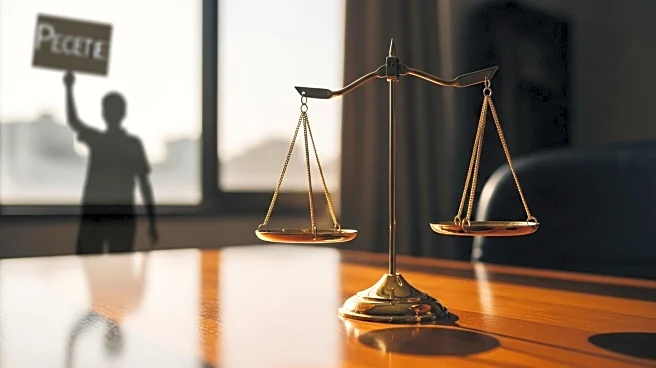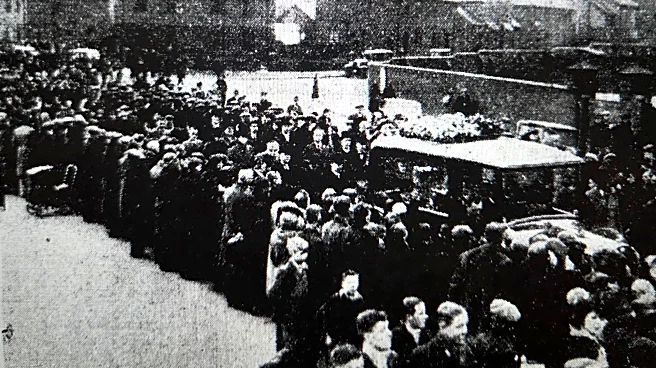What is the story about?
What's Happening?
A federal judge has criticized the Trump administration's approach to free speech, ruling in favor of foreign students targeted for their support of Palestinian rights. Judge William Young, appointed by President Ronald Reagan, determined that foreign students have the same First Amendment protections as American citizens. The lawsuit, brought by the American Association of University Professors and the Middle East Studies Association, alleged that the Trump administration violated the First Amendment by creating a deportation policy targeting non-citizen campus activists expressing pro-Palestinian sentiments. The ruling highlighted actions by government officials, including Secretary of State Marco Rubio and Homeland Security Secretary Kristi Noem, aimed at chilling free speech and assembly rights.
Why It's Important?
This ruling underscores the ongoing debate over free speech rights in the U.S., particularly concerning foreign nationals. It challenges the Trump administration's policies that critics argue suppress dissenting voices, potentially impacting U.S. foreign relations and domestic policy regarding immigration and civil liberties. The decision may influence future legal interpretations of First Amendment rights, especially in cases involving non-citizens, and could affect how universities and other institutions handle political activism on campuses.
What's Next?
The ruling may prompt further legal challenges against the Trump administration's policies, potentially leading to changes in how free speech rights are protected for foreign nationals. The Justice Department's response and any subsequent appeals could shape the legal landscape regarding First Amendment protections. Additionally, universities and advocacy groups may increase efforts to safeguard free speech rights for all students, regardless of citizenship status.
Beyond the Headlines
The case highlights ethical concerns about government surveillance and the balance between national security and individual rights. It raises questions about the role of educational institutions in protecting free speech and the potential chilling effect of government policies on academic freedom and political activism.
















